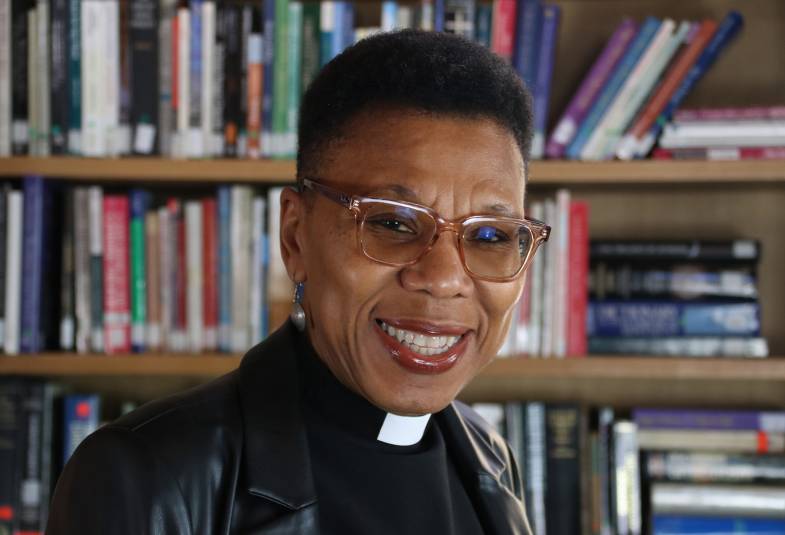
Professor Chris Imafidon – The Church of England’s recent decision to increase its compensation for its historical involvement in slavery to a £1 billion reparations fund is a significant step towards acknowledging and addressing the enduring impacts of the slave trade. This move comes after an independent report highlighted the inadequacy of the initial £100 million fund, emphasizing the need for a more substantial commitment to address the ongoing harms stemming from enslavement.
REPENTANCE
In crafting a response to this development, it is crucial to recognize the profound significance of this reparations initiative, particularly within the context of historical injustices faced by Black communities in England, the UK, and the Commonwealth. The Church’s acknowledgment of its past ties to slavery and its commitment to rectifying these wrongs through a substantial reparations fund signifies a pivotal moment in the journey towards healing and justice. The proposed £1 billion fund, aimed at investing globally in initiatives that support disadvantaged Black communities, represents a tangible effort to address the deep-rooted inequalities and systemic injustices stemming from centuries of African chattel enslavement.
By prioritizing investments in education, economic empowerment, and health outcomes within Black communities, this fund has the potential to catalyze positive change and empower individuals who have been historically marginalized. Furthermore, the emphasis on creating a black-led fund underscores a commitment to centering the voices and experiences of those most impacted by the legacy of slavery. This approach not only ensures that resources are directed towards initiatives that directly benefit affected communities but also signifies a shift towards more inclusive and equitable practices within institutional frameworks.
REVIEW
As Bishop Rosemarie Mallett aptly stated, no amount of money can fully atone for the centuries-long impact of African chattel enslavement. However, by implementing these reparations recommendations, the Church of England is taking a bold and audacious step towards acknowledging its past wrongs and actively participating in the process of repair and justice for all those affected by the legacy of slavery.
In conclusion, as we reflect on this pivotal moment in history, it is essential for other institutions to follow suit and engage in similar introspection and reparative actions. The Church of England’s commitment to addressing its historical ties to slavery serves as a beacon of hope for a more equitable and just future, where accountability, restitution, and reconciliation are central tenets guiding our collective journey towards healing and transformation.
Professor Chris Imafidon is chair, ExcellenceinEducation.org.uk, an alliance of inner-city educational charities and institutions that mentors youths, women and professionals in the commonwealth. A lot of his mentees and protégés have benefited directly from the charitable work of Queen Elizabeth II and her family. He serves of the board of Keath.ai, an AI pioneering technology Corp. He is a multi-Guinness World record holder; internationally renowned adviser to monarchs, governments, presidents and corporate leaders; Mentor to multi-millionaire tech entrepreneurs & many world record holders.










